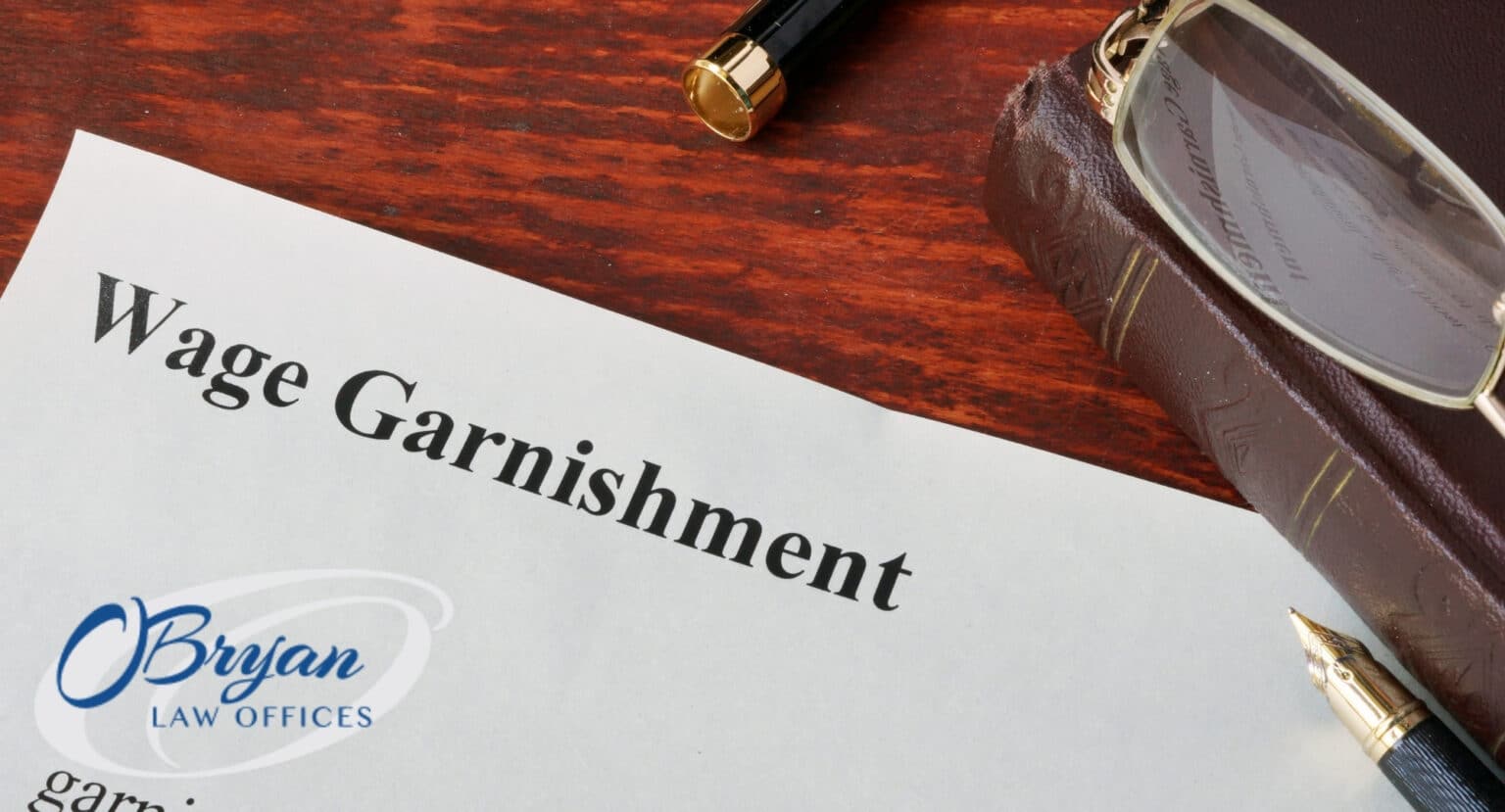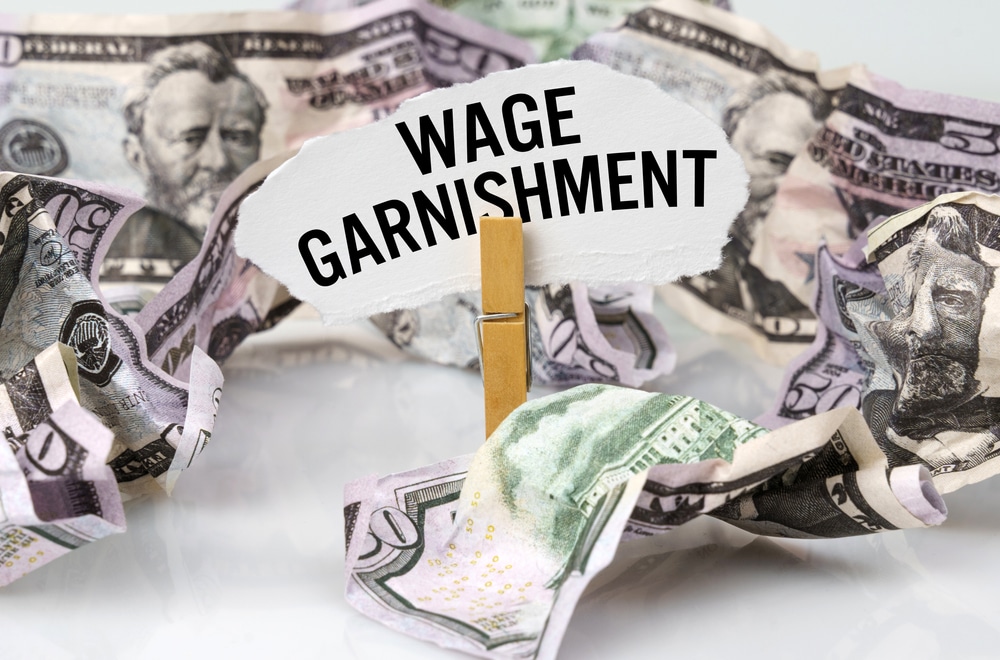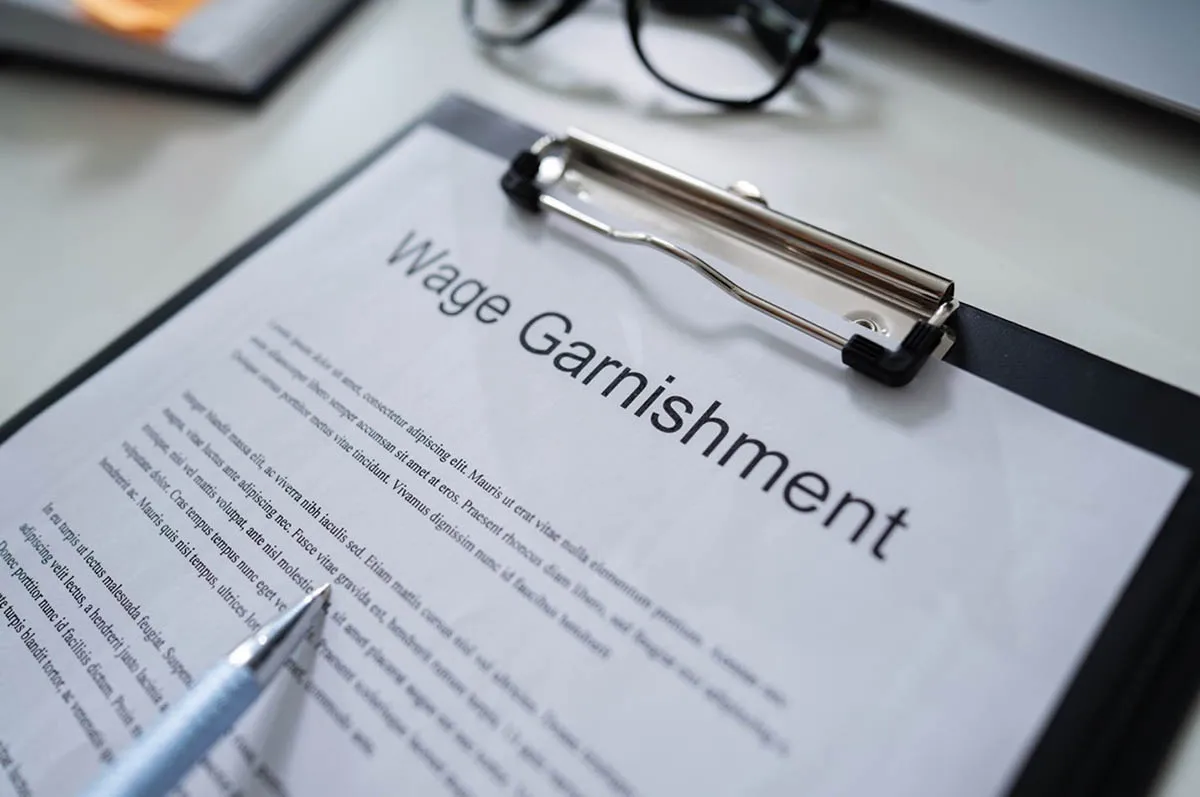Navigating Wage Garnishment: When to Hire a Garnishment Lawyer

Facing wage garnishment can be a stressful and overwhelming experience. The very thought of a portion of your hard-earned income vanishing to satisfy a debt can be daunting. However, understanding your rights and options, and knowing when to seek legal counsel, can make a significant difference in your ability to navigate this challenging situation.
What is Wage Garnishment?
Wage garnishment is a legal process where a creditor, typically a court, orders a portion of your income to be withheld directly from your paycheck and sent to satisfy a debt. This debt could stem from various sources, such as unpaid credit card bills, personal loans, child support, or even income taxes.
While wage garnishment may seem like a straightforward process, it’s often rife with complexities and potential pitfalls. A garnishment lawyer can be invaluable in protecting your rights and guiding you through the legal maze.
When to Consider Hiring a Garnishment Lawyer
While you may be tempted to handle wage garnishment alone, certain circumstances warrant seeking professional legal assistance. Here are some key indicators:
-
You’re unsure if the garnishment is legal: The creditor must secure a court order for wage garnishment, and this order must adhere to specific legal requirements. A garnishment lawyer can review the order and determine if it’s valid.
-
You believe the garnishment amount is excessive: Garnishment laws often place caps on the percentage of your income that can be withheld. A garnishment lawyer can assess the garnishment amount and fight for a reduction if necessary.
-
You’re facing multiple garnishments: Having several creditors vying for your income can be incredibly stressful and financially overwhelming. A garnishment lawyer can help you manage these obligations and develop a comprehensive strategy.

-
You have difficulty communicating with the creditor: Negotiating directly with creditors can be challenging, especially if they are unresponsive or uncooperative. A garnishment lawyer can act as a liaison, communicating on your behalf and advocating for your interests.

You’ve made an agreement with the creditor but are still being garnished: If you’ve attempted to settle with the creditor but are still facing wage garnishment, it’s crucial to consult a garnishment lawyer. They can investigate the breach of agreement and pursue legal options to stop the garnishment.
-
You’re facing bankruptcy: While bankruptcy can provide relief from debt, it doesn’t automatically stop wage garnishments. A garnishment lawyer can help you understand the implications of bankruptcy on your garnishment and explore potential solutions.

How a Garnishment Lawyer Can Help
A garnishment lawyer will fight for your rights and provide a range of services to protect your financial well-being.
-
Legal Counsel and Strategy: A garnishment lawyer can review your situation, analyze your legal options, and develop a customized strategy to address your specific needs.
-
Negotiation with Creditors: Lawyers often possess the skills and experience necessary to negotiate effectively with creditors on your behalf. They can work towards reaching a settlement that minimizes your financial burden.
-
Challenging Garnishment Orders: If you believe the garnishment order is invalid or unfair, a garnishment lawyer can represent you in court and challenge the order’s legality.
-
Defending Against Lawsuits: Creditors may file lawsuits to enforce debt collection. A garnishment lawyer can defend you against these lawsuits and protect your assets.
-
Estate Planning and Asset Protection: A garnishment lawyer can guide you on strategies to protect your assets from potential creditors.
Finding a Qualified Garnishment Lawyer
Choosing the right garnishment lawyer can significantly impact the outcome of your case. Consider the following factors when selecting legal representation:
-
Experience: Look for a lawyer with a proven track record of successfully handling wage garnishment cases.
-
Knowledge of Garnishment Laws: Ensure the lawyer is well-versed in the specific garnishment laws applicable in your state.
-
Communication Skills: Effective communication is crucial for a successful attorney-client relationship. Choose a lawyer who listens attentively to your concerns and explains legal complexities in an understandable manner.
-
Fees and Payment Options: Discuss the lawyer’s fee structure upfront and explore any potential payment options they may offer.
-
referrals: Don’t hesitate to seek referrals from friends, family, or other legal professionals.
Remember: Facing wage garnishment can be a daunting experience, but you are not alone. By understanding your rights, seeking legal advice from a qualified garnishment lawyer, and taking proactive steps to protect yourself financially, you can navigate this challenging situation and regain control of your financial future.
